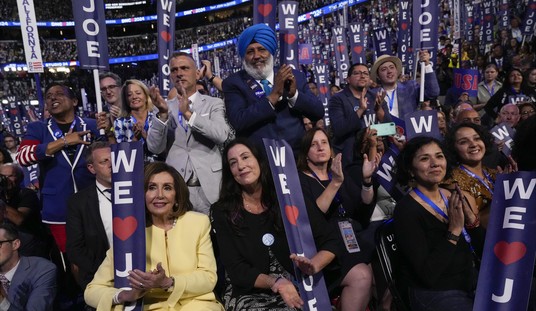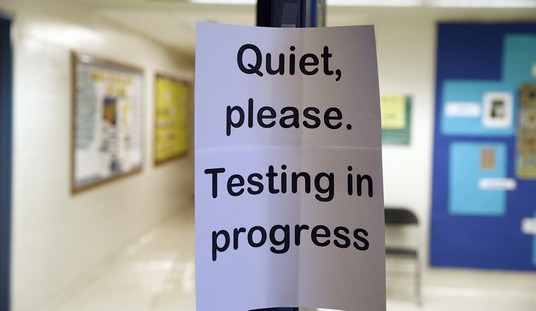The Trayvon Martin case, as it has come to be known, has revealed a disconcerting level of ignorance on the part of American citizens about how our courts of justice work.
Simply scan through your Twitter feed and check out the number of folks calling for Trayvon’s parents to appeal the verdict, or encouraging the state of Florida or the federal government to take the case as far as it can go -- all the way to the Supreme Court.
For those who paid attention in high school civics classes, it’s maddening to realize that a vast number of our fellow citizens -- I’d guess a majority of them -- don’t know that an acquittal by a jury for a criminal charge means that state and federal governments can no longer prosecute a defendant for that crime. To do so would be “double jeopardy,” a term that did not originate with Alex Trebek but rather in the Fifth Amendment to the U.S. Constitution. Go figure.
As a parent, I’m using this case to recap the basics on our judicial system and assure that my children understand the simple yet profound principles that permit someone to be acquitted, even though his involvement in the death of another person is not in dispute.
Members of the jury for Mr. Zimmerman have stated that the state didn’t give them much choice but to acquit -- they were bound to decide as the law dictated, and regardless of whom they believed had been victimized, the law was clear to them.
Recommended
Here’s the next important teachable moment: Remind our kids that we are a government of laws, not of men. This means we follow the law, even when we feel frustrated by it, because in the end, justice is served when the law is observed. When societies are ruled by emotion, or public opinion, or the whim of the majority, justice will quickly be defined by the agenda of those who decide what is “just.”
Why is this stuff so important? Because our children’s generation is woefully uninformed about our legal system, our government, or the principles upon which our Constitution was written and our nation was founded. (I actually wrote a book proving this statement — “Don’t Let the Kids Drink the Kool-Aid” — which is out in paperback this week.)
When only about a third of high school students even know where the government gets its money (that’s taxes, kids), we know that they are dangerously uneducated about our system of government.
Here is what the Trayvon Martin case is not: It’s not a teachable moment about racism in America. From the beginning, the mainstream media labeled this a race case, and even our President joined the usual characters in the “racial bias industry” to decry the death of young Trayvon as an example of racial bias.
All evidence to the contrary ought to compel us to teach our children that racism, while still a sensitive and difficult reality in America, is not at the heart of absolutely every event or situation.
Not everyone is a bigot. Not everyone is a hater. Sometimes people just make mistakes -- errors in judgment that impact their lives and the lives of others, sometimes even tragically.
Teaching about sound judgment is the most crucial lesson of all.
























Join the conversation as a VIP Member